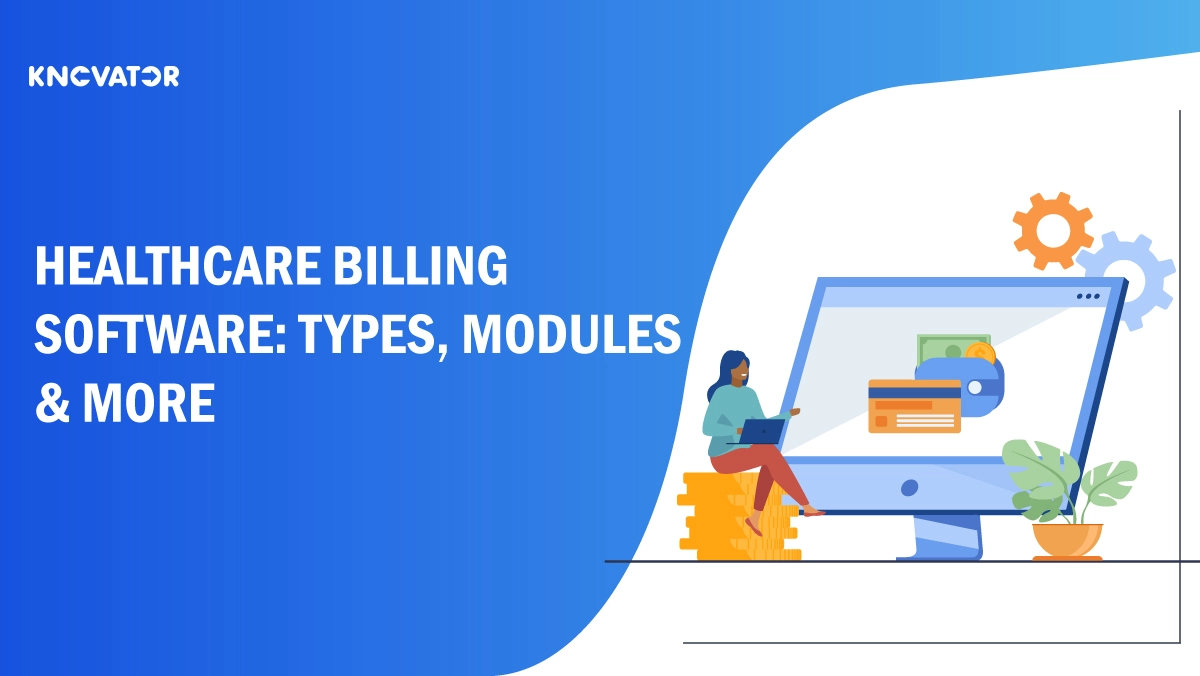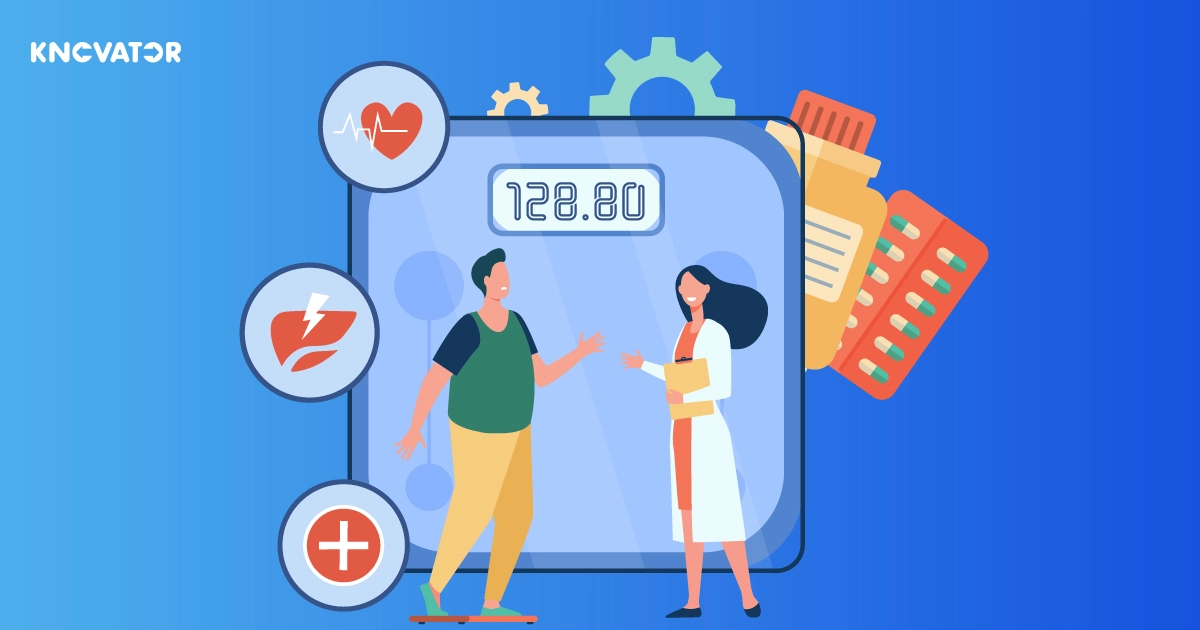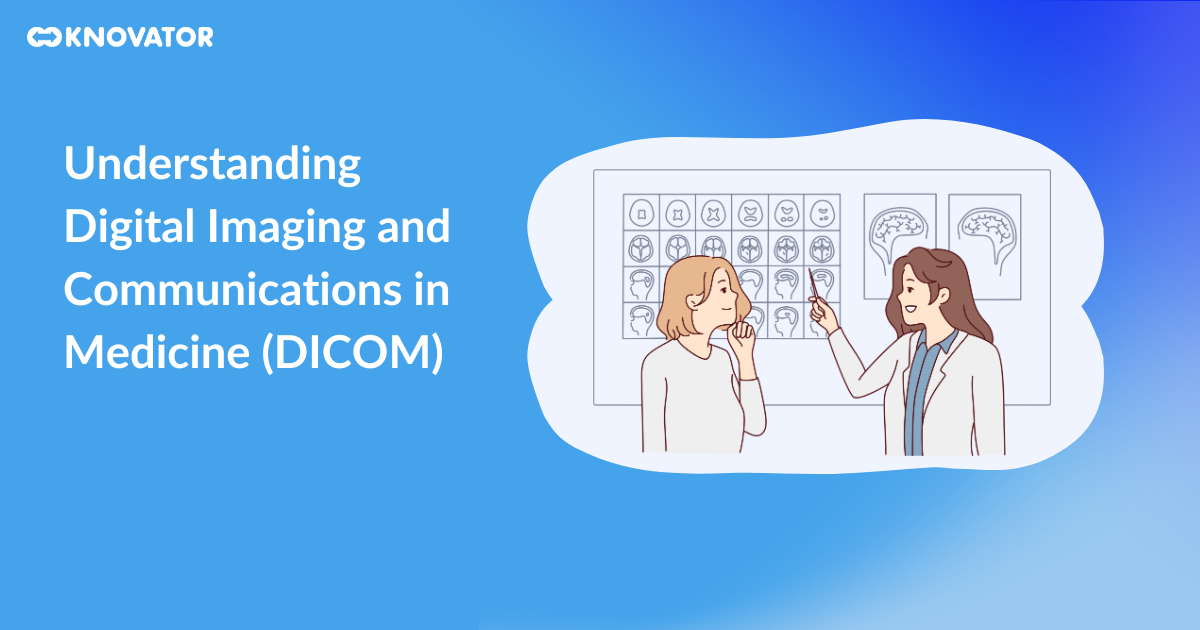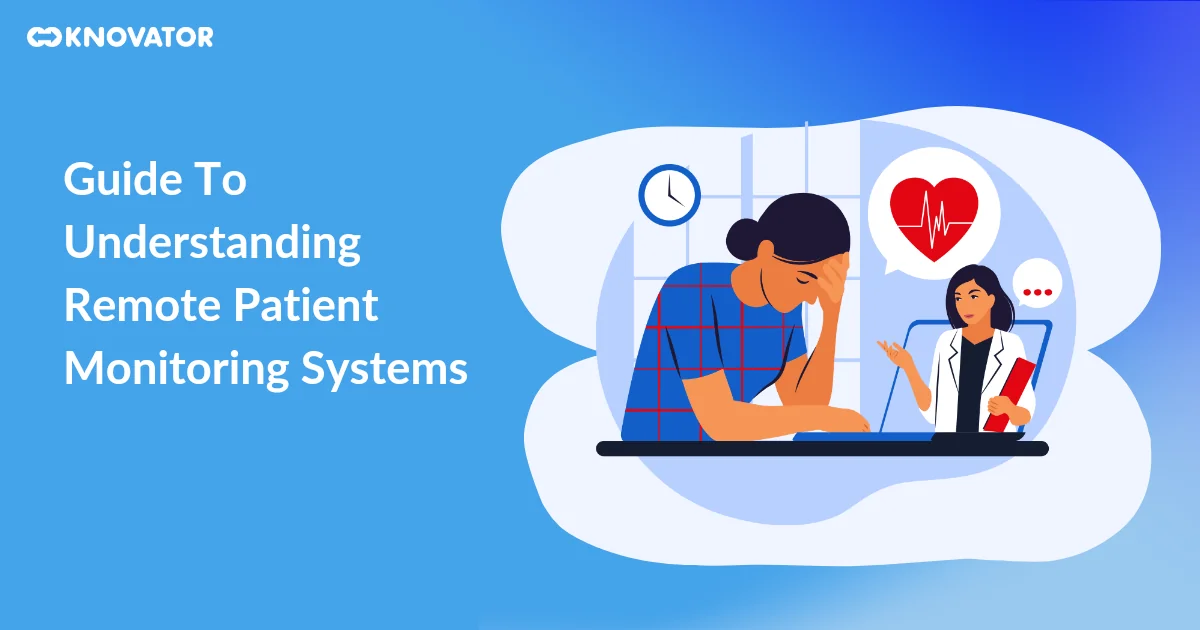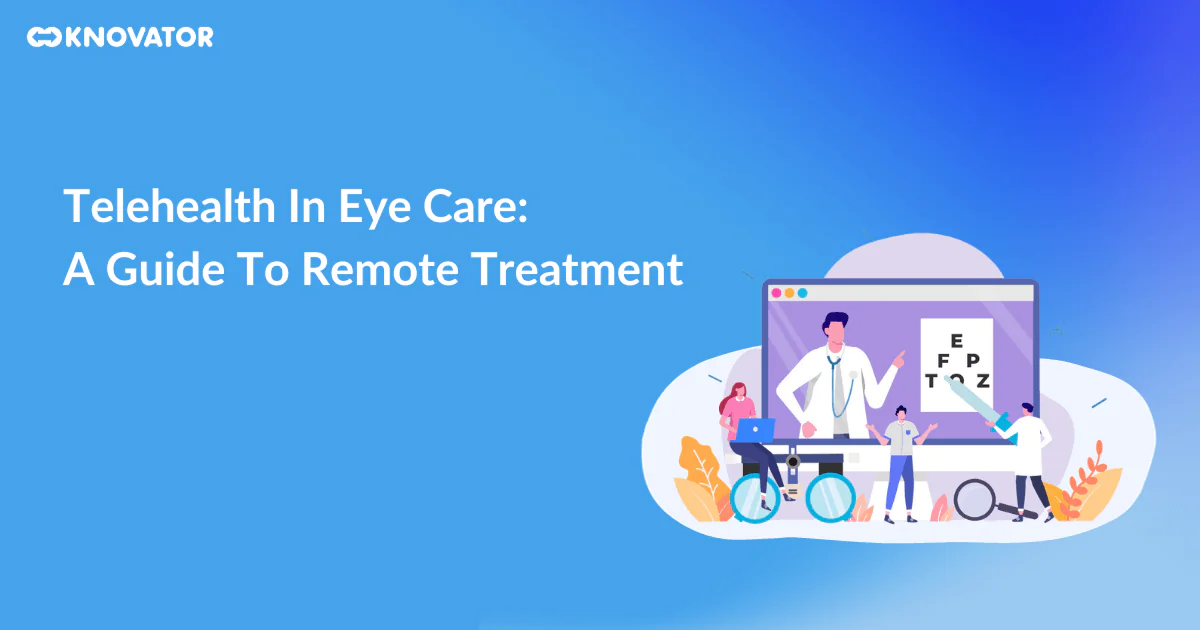Healthcare facilities require a centralized platform to manage the gravity of the problem as the Covid-19 outbreak continues to burden the medical system. They accepted the digital transformation effort as a result. The essential advantage of the approach is using technology to build deliberate solutions that may support patient requirements, foster process innovation, provide new services, minimize interruptions, and find methods to preserve healthcare quality regardless of the crisis.
The ERP software for healthcare has achieved widespread appeal due to its powerful and practical features that may assist healthcare facilities in cutting costs while providing top-notch patient care. The software solution simplifies and breaks down data silos, automating a wide variety of hospital activities and making it an unavoidable option for healthcare organizations.
This article highlights the importance of ERP software for healthcare. Let’s examine the subjects addressed on this page.
What Is ERP Software For Healthcare?
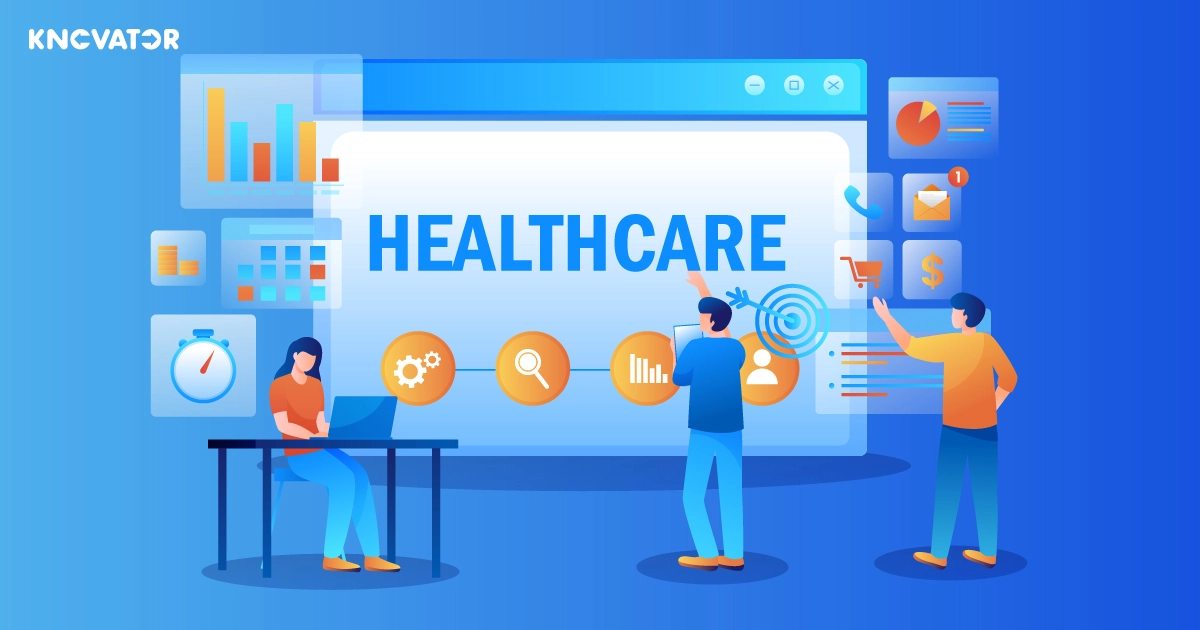 The ERP software healthcare, also known as enterprise resource planning, helps with the administration of regular corporate activities, including accounting, human resources, procurement, projects, risk management, compliance management, supply chain operations, and reporting. It is simpler to plan, budget, anticipate cashflows, and deliver reports on an organization’s performance thanks to integrating all core company functions into a complete ERP system.
The ERP software healthcare, also known as enterprise resource planning, helps with the administration of regular corporate activities, including accounting, human resources, procurement, projects, risk management, compliance management, supply chain operations, and reporting. It is simpler to plan, budget, anticipate cashflows, and deliver reports on an organization’s performance thanks to integrating all core company functions into a complete ERP system.
There is a considerable effort and time commitment due to each business unit requiring its own system to be controlled. Ineffective collaboration and bad decision-making are other effects of it. As a result, organizations need ERP software healthcare that can combine all of these functions into a single piece of software to facilitate communication and collaboration.
With an ERP in place, staff members may more easily handle everyday tasks and use technology to make informed decisions.
An ERP software streamlines all corporate processes and makes them easier to track. However, depending on the company’s size, ERP systems can be altered. So let’s go through how ERP may be useful for all sizes of businesses.
ERP for Small Businesses
Small firms frequently need help organizing their many divisions since they are still working to integrate their resources. They are primarily concerned with cost reductions and avoiding time-consuming tasks.
With the aid of an ERP system, they can replace manual, paper-based processes in all aspects of their business with automated, streamlined, and efficient ones. However, before scalability, small businesses must choose an ERP solution with the necessary modules and features as their operations grow.
ERP for Mid-sized Businesses
Small businesses need ERP software with business modules for targeted market growth. Along with analyzing the market’s rivals, they must keep an eye on business operations.
Operations, such as sales pipeline development, customer relationship management (CRM), and seamless interaction with online marketplaces, are crucial to their ability to compete and to expand their business.
ERP for Large Businesses
An ERP software for healthcare will guide large organizations and enterprises in streamlining their speedy daily activities and continually improving their procedures and practices. Businesses require corporate ERP software because it has the following features: intelligent automation, perceptive analytics, managing large amounts of data, and tracking solutions that increase productivity.
Large organizations must pick trustworthy ERP healthcare software that holds all their business activities if they want to endure and develop themselves more effectively in the cutthroat industry.
Also Read : Top Telehealth Business Ideas
How Can ERP Be Used In The Healthcare Sector?
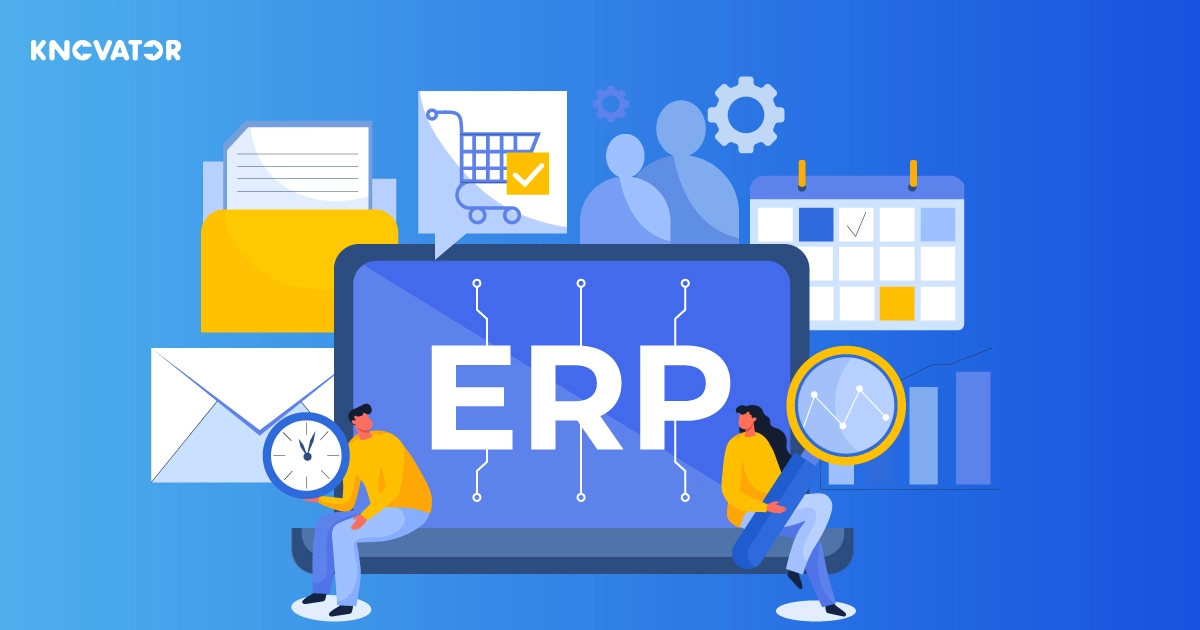 The healthcare sector must manage core services, support, and back-office operations much like any other enterprise. Working these activities is made simple by ERP healthcare software that has integrated modules for customer relationship management, financial accounting, human resource management, and other relevant procedures.
The healthcare sector must manage core services, support, and back-office operations much like any other enterprise. Working these activities is made simple by ERP healthcare software that has integrated modules for customer relationship management, financial accounting, human resource management, and other relevant procedures.
It is simpler for healthcare professionals to arrange upcoming tests and medical procedures for well-informed and timely care decisions thanks to the system’s remote access to essential resources and patient data. To correctly identify sickness and offer efficient treatments and therapies to a never-ending stream of patients, hospitals and other healthcare institutions now have access to ERP software.
A hospital management system is necessary if you work in the healthcare industry and struggle to give patients high-quality treatment while keeping costs to a minimum. It lowers operating expenses, eliminates medical mistakes, and boosts the effectiveness of your healthcare organization’s operations.
Why Is ERP Software Implementation Needed For Healthcare Organizations?
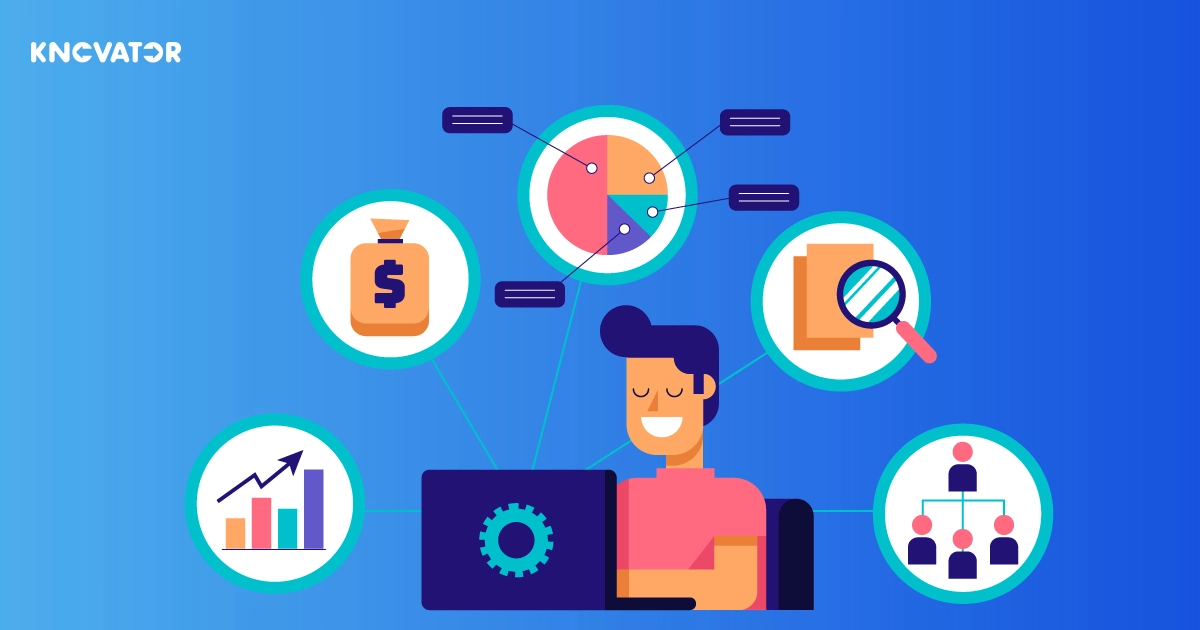
Modern ERP solutions are an excellent fit for the healthcare sector. The healthcare company you work for can gain from deploying enterprise resource planning software in the following areas:
1. Quality Patient Care
A hospital ERP system collects, updates, and regularly updates patient information on a single database. It enables healthcare professionals to access this data from a distance and send it as necessary to the doctor’s office or other organizational divisions.
Doctors can check patients’ medical information promptly, properly diagnose their illnesses, and take the relevant actions to ensure their welfare due to comprehensive data accessibility.
2. Maximum Security For Patient Data
All healthcare organizations experience continual inflows of vital data on patients and from various departments. The security and confidentiality of this information are guaranteed by industry-ready ERP software. The system makes it simple to digitally save and update patient and hospital data. In addition, its sophisticated security mechanism restricts access to only the appropriate medical professionals, minimizing the chance of losing information to unauthorized users.
3. Strategic Planning and BI
An ERP system may be a helpful tool for giving precise information and supporting you in creating flawless strategic plans. This software can collect the data required to evaluate and quantify the operational performance of your healthcare institution.
You may learn more about patient visits, budgets, and requisitions. You may use business intelligence (BI) to analyze data to find and concentrate on the areas that want development. It is simpler to identify and put the best practices in place after the areas that require improvement have been identified. This aids in improving the overall effectiveness of your medical facility.
The ERP healthcare software offers doctors valuable data that will help them always give their patients the best treatment possible.
All financial transactions may be recorded and stored using ERP software with a financial accounting module. The application’s goal is to oversee and control the financial operations of your healthcare business by monitoring its revenue, costs, and assets.
Utilizing this financial management system, you may get a total view of the accounting and finance data. Additionally, it continually guards against fraud and other security risks for your sensitive data. Overall, the software solution helps you manage your finances without making costly administrative or inventory mistakes, saves your medical staff’s time from manually entering data, and lowers your overhead expenses from reworks brought on by human error.
Using optimized financial management, you may keep your healthcare practice profitable while offering patient care at a reasonable price.
Promotes integration throughout the
Maintaining the many healthcare systems used to run your hospital operations is frequently expensive and challenging. Integrating is made more accessible by ERP software. The system retains your hospital’s operations organized and records data on a single database, including billing, inventory, human resources, and record-keeping.
Your burden of maintaining several systems and laborious data collaborations is alleviated by doing this. In addition, thanks to a single database, information is readily available to your hospital’s employees and clinicians. This improves the effectiveness of your employees and the quality of patient treatment.
Reduce Operational Errors
There is always a chance that human mistakes may occur while processing and tracking when you choose manual hospital operation management.
A hospital’s operations may be automated by implementing ERP software, which also reduces errors brought on by clinical errors, missed patient bills, cost leaks, cut appointment times, and other operational blunders. In addition, the system executes several activities entirely without assistance from a person, greatly enhancing operation precision.
Types of ERP systems in the healthcare industry
Hospital Management System (HMS):
A Hospital Management System is a comprehensive software solution designed to manage all aspects of a hospital’s operations, from patient management and appointment scheduling to billing and financial reporting. It typically includes modules for patient registration, medical records, appointment scheduling, clinical decision support, laboratory management, radiology management, and pharmacy management.
Clinical Information System (CIS):
A Clinical Information System is an ERP system that manages patient medical records and clinical data. It provides healthcare providers easy access to patient information, including demographic information, medical history, medication lists, lab results, and imaging studies. A CIS aims to improve patient care by ensuring that all clinical staff access up-to-date and accurate patient information.
Laboratory Information System (LIS):
A Laboratory Information System is a specialized ERP system for clinical and medical laboratories. It automates laboratory processes and workflows, including sample tracking, test ordering, and results management. A LIS aims to improve laboratory operations’ efficiency and accuracy while reducing the risk of errors and increasing the speed of test results.
Radiology Information System (RIS):
A Radiology Information System is an ERP system designed to manage the complete radiology workflow, from scheduling and patient registration to image storage and reporting. It integrates with other healthcare systems, such as the electronic health record (EHR) system, to provide a comprehensive view of a patient’s health information. A RIS aims to improve the efficiency and accuracy of radiology operations while reducing the risk of errors and increasing the speed of imaging results.
Electronic Health Record (EHR) System:
An Electronic Health Record (EHR) system is an ERP software for healthcare that allows healthcare providers to store and manage electronic medical records for their patients. EHR systems provide a comprehensive view of a patient’s health information, integrating information from multiple sources, such as laboratory results, imaging studies, and medication records. An EHR system aims to improve patient care by ensuring that all clinical staff has access to up-to-date and accurate patient information.
Supply Chain Management System (SCM):
A Supply Chain Management (SCM) system is an ERP system that helps healthcare organizations manage their supply chain processes, including purchasing, inventory, and supplier relationship management. The goal of an SCM system is to improve the efficiency and cost-effectiveness of supply chain operations while also ensuring that the right supplies are available when and where they are needed.
Features of ERP Software
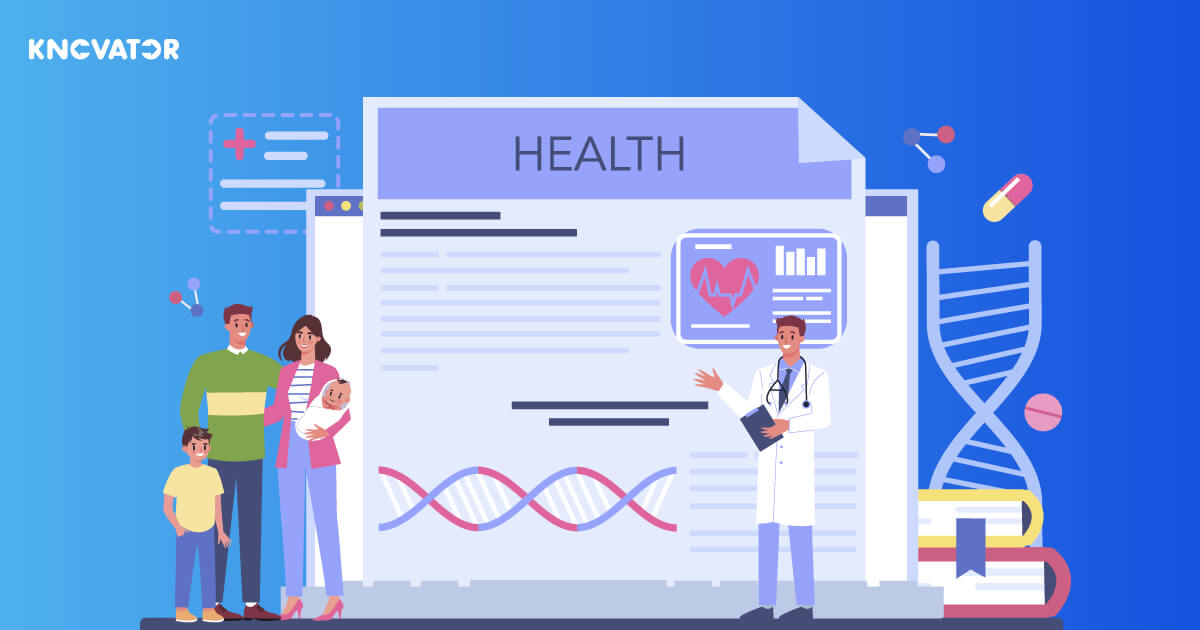 A centralized database is required to combine and store data from all hospital departments. The system is modular and is made up of several linked components.
A centralized database is required to combine and store data from all hospital departments. The system is modular and is made up of several linked components.
Flexible:
The system may be updated to better meet the demands of the healthcare organization by swapping out tools or functionalities or introducing new modules.
Automated:
The primary goal of enterprise resource planning (ERP) is to automate manual operations and eliminate information duplication for healthcare administrative staff.
Time and money-saving:
As processes are automated, the system saves time on delivering a product or facility and lowers expenses.
Real-time analytics:
An ERP software in healthcare will simplify assessing your company’s performance and financial health, enabling your team to make any necessary business changes. ERP reports often feature visual representations of your performance to find obstacles and address problems.
Conclusion
ERP gives medical businesses real-time access to patient needs, data, and test results to ensure the best outcomes. ERP software for healthcare has attained significant adoption and deployment due to its robust features and ability to deliver excellent patient care at low operational expenses.
The simplicity of several diagnostic systems, electronic medical records, and patient communication systems is the main advantage of ERP for the healthcare industry. ERP helps businesses to integrate several operational components into a single database, user interface, and application for hospitals and healthcare service providers.
Access to the information database is available around-the-clock, which boosts productivity, agility, data security, and report analysis speed.
The healthcare industry must use cutting-edge systems that integrate all of its business modules since it must continually cope with uncertainty. Therefore, Knovator provides state-of-the-art software solutions to speed up and simplify the organization’s procedure.

